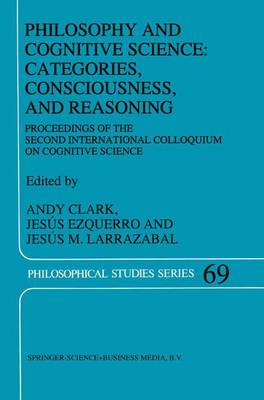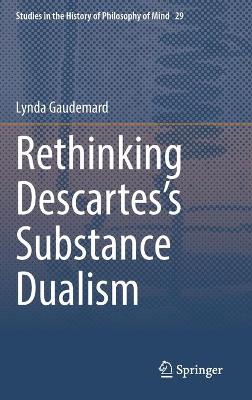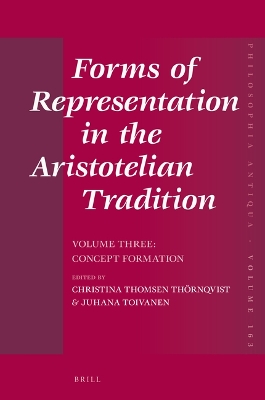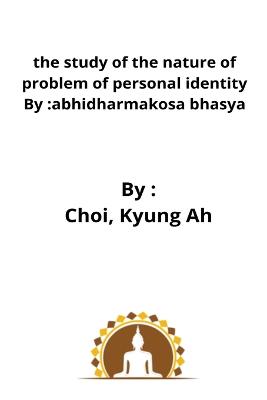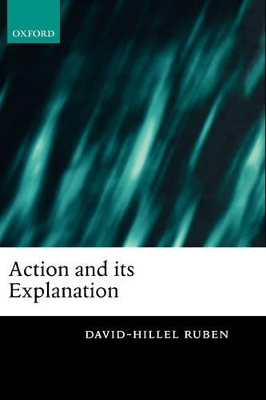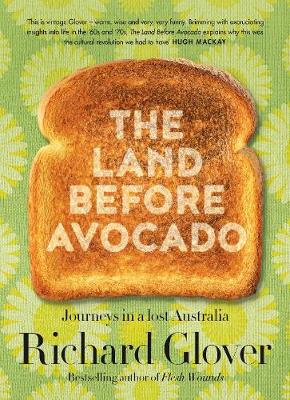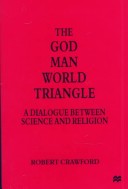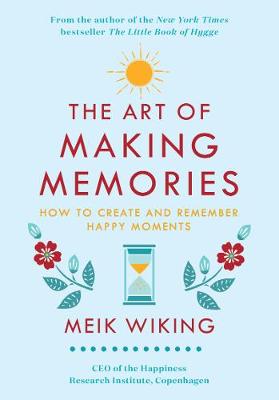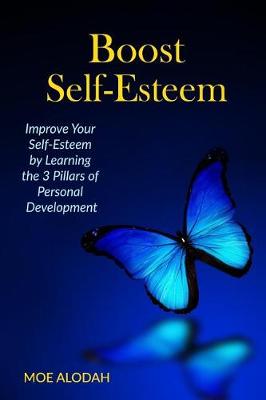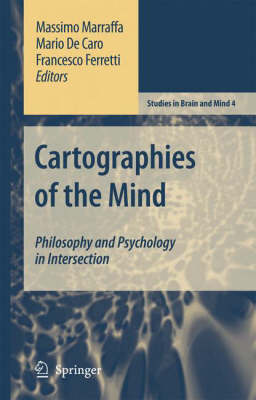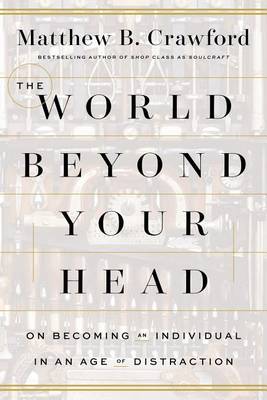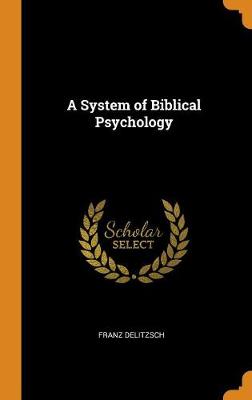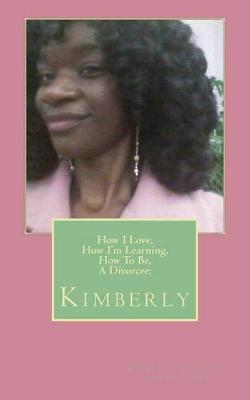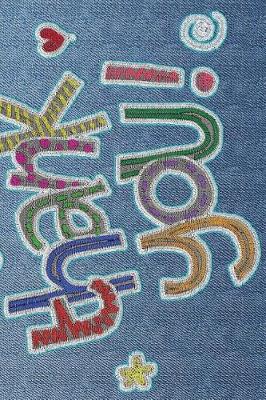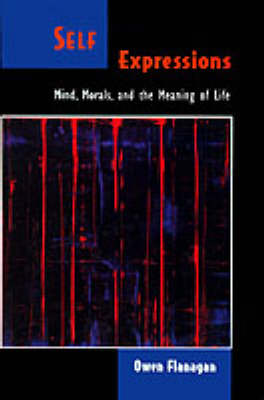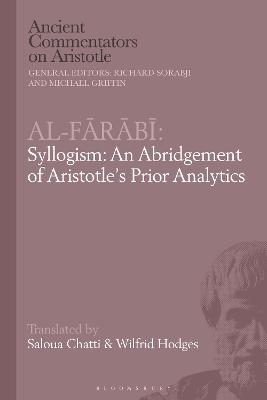PHILOSOPHY AND COGNITIVE SCIENCE: CATEGORIES, CONSCIOUSNESS, AND REASONING The individual man, since his separate existence is manifested only by ignorance and error, so far as he is anything apart from his fellows, and from what he and they are to be, is only a negation. Peirce, Some Consequences of Four Incapacities. 1868. For the second time the International Colloquium on Cognitive Science gathered at San Sebastian from May, 7-11, 1991 to discuss the following main topics: Knowledge of Categ...
Rethinking Descartes's Substance Dualism (Studies in the History of Philosophy of Mind, #29)
by Lynda Gaudemard
This monograph presents an interpretation of Descartes's dualism, which differs from the standard reading called 'classical separatist dualism' claiming that the mind can exist without the body. It argues that, contrary to what it is commonly claimed, Descartes's texts suggest an emergent creationist substance dualism, according to which the mind is a nonphysical substance (created and maintained by God), which cannot begin to think without a well-disposed body. According to this interpretation,...
Forms of Representation in the Aristotelian Tradition. Volume Three: Concept Formation (Philosophia Antiqua)
The trilogy Forms of Representation in the Aristotelian Tradition investigates how Aristotle and his ancient and medieval successors understood the relation between the external world and the human mind. It gives an equal footing to the three most influential linguistic traditions – Greek, Latin, and Arabic – and offers insightful interpretations of historical theories of perception, dreaming, and thinking. This final volume focuses on intellectual operations and analyses some of the most exciti...
The study of the nature of problem of personal identity By
by Choi Kyung-Ah
David-Hillel Ruben's new book pursues some novel and unusual standpoints in the philosophy of action. He rejects, for example, the most widely held view about how to count actions, and argues for what he calls a 'prolific theory' of act individuation. He also describes and argues against the two leading theories of the nature of action, the causal theory and the agent causal theory. The causal theory cannot account for skilled activity, nor for mental action. The agent causalist theory unnecessa...
The new book from the bestselling author of Flesh Wounds. A funny and frank look at the way Australia used to be - and just how far we have come.'It was simpler time'. We had more fun back then'. 'Everyone could afford a house'. There's plenty of nostalgia right now for the Australia of the past, but what was it really like? In The Land Before Avocado, Richard Glover takes a journey to an almost unrecognisable Australia. It's a vivid portrait of a quite peculiar land: a place that is scary and...
"We love you, you've made us happy." - Chris Evans "Happy memories are essential to our mental health. They strengthen our identity, sense of purpose and relationships. Meik's new book will teach you how to create and remember happy moments and will change how you think about happy memories." Dr Rangan Chatterjee, Number One bestselling author of The 4 Pillar Plan and BBC Breakfast GP The third book from the CEO of the Happiness Research Institute and internationally bestselling author of Th...
Cartographies of the Mind (Studies in Brain and Mind, #4)
This book is a collection of essays exploring some classical dimensions of mind both from the perspective of an empirically-informed philosophy and from the point of view of a philosophically-informed psychology. The chapters reflect the different forms of interaction in an effort to clarify issues and debates concerning some traditional cognitive capacities. The result is a philosophically and scientifically up-to-date collection of "cartographies of the mind".
"A groundbreaking new book from the bestselling author of Shop Class as Soulcraft In his bestselling book Shop Class as Soulcraft, Matthew B. Crawford explored the ethical and practical importance of manual competence, as expressed through mastery of our physical environment. In his brilliant follow-up, The World Beyond Your Head, Crawford investigates the challenge of mastering one's own mind. We often complain about our fractured mental lives and feel beset by outside forces that destroy our...
How I Love, How I'm Learning, How To Be A Divorcee (How I Love, How I'm Learning, How to, #1)
by Kimberly Elizabeth Gardenhire
Hegel's Critique of Kant
by Professor of Philosophy and Affiliated Professor of Germanic Studies Sally Sedgwick
Continuing the old philosophical project of reconciling a scientific view of ourselves with the view of ourselves as agents of free will and meaning, but bringing to this project the latest insights of neuroscience, cognitive science, and psychiatry, Flanagan's collection of essays explores topics such as a scientific explanation of consciousness, the moral socialization of children, and the nature and issues of psychological phenomena such as multiple personality disorder and false memory syndr...
Al-Farabi, Syllogism: An Abridgement of Aristotle's Prior Analytics (Ancient Commentators on Aristotle)
The philosopher Abu Nasr al-Farabi (c. 870-c. 950 CE) is a key Arabic intermediary figure. He knew Aristotle, and in particular Aristotle's logic, through Greek Neoplatonist interpretations translated into Arabic via Syriac and possibly Persian. For example, he revised a general description of Aristotle's logic by the 6th century Paul the Persian, and further influenced famous later philosophers and theologians writing in Arabic in the 11th to 12th centuries: Avicenna, Al-Ghazali, Avempace and A...
